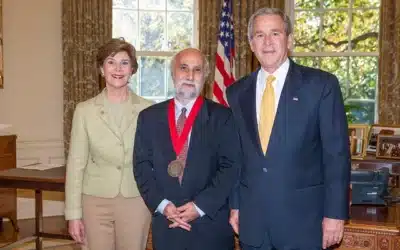45 years after War Powers Act, a first successful challenge
In a vote on Thursday, the Senate passed S.J. Resolution 54, in a vote of 56-41. The resolution is a War Powers Act challenge to the unauthorized US involvement in the War in Yemen, and would require the US to cease its involvement, if a complementary bill passes in the House. 45 years to the day after the War Powers Act was passed, this is the first successful challenge.
Several amendments were also voted on, with most passing and added to the bill. Sen. Young’s (R-IN) amendment clarified that this bill includes a prohibition on refueling Saudi warplanes, as both the administration and opponents argued that didn’t count as war. Sen. Cornyn (R-TX) offered and passed three amendments; two mandated reports be provided, and the third said that despite this bill not being about Israel, the opposition to the Yemen War wasn’t meant to oppose anything the US does with Israel.
Sen. Tom Cotton (R-AR) was the only one whose amendments didn’t pass, as both were designed specifically to undermine the bill. The first said that the US could stay in the war so long as they claim to be trying to “reduce civilian casualties,” while the second said the US could stay so long as they were fighting the Shi’ite Houthi movement. Both failed handily.
The resolution passing caps weeks of effort in the Senate, including multiple votes which were needed to advance the bill to the point where it would actually get a substantial debate and a vote of its own. The success of this challenge is historic.
And yet it is incomplete at this point. House efforts to challenge the Yemen War have repeatedly been derailed by the Republican leadership changing rules at the last minute to deny it a proper vote. This almost certainly means no House version will be entertained until January at the earliest, when the new Congress takes over.
The Trump Administration has loudly opposed this challenge to the Yemen War, arguing simultaneously that it’s not really a war and that US support for Saudi Arabia is so critical that it shouldn’t matter how bad the war is. Anger at the Saudis over the murder of Jamal Khashoggi is seen to have driven a lot of the last minute support for this bill.































